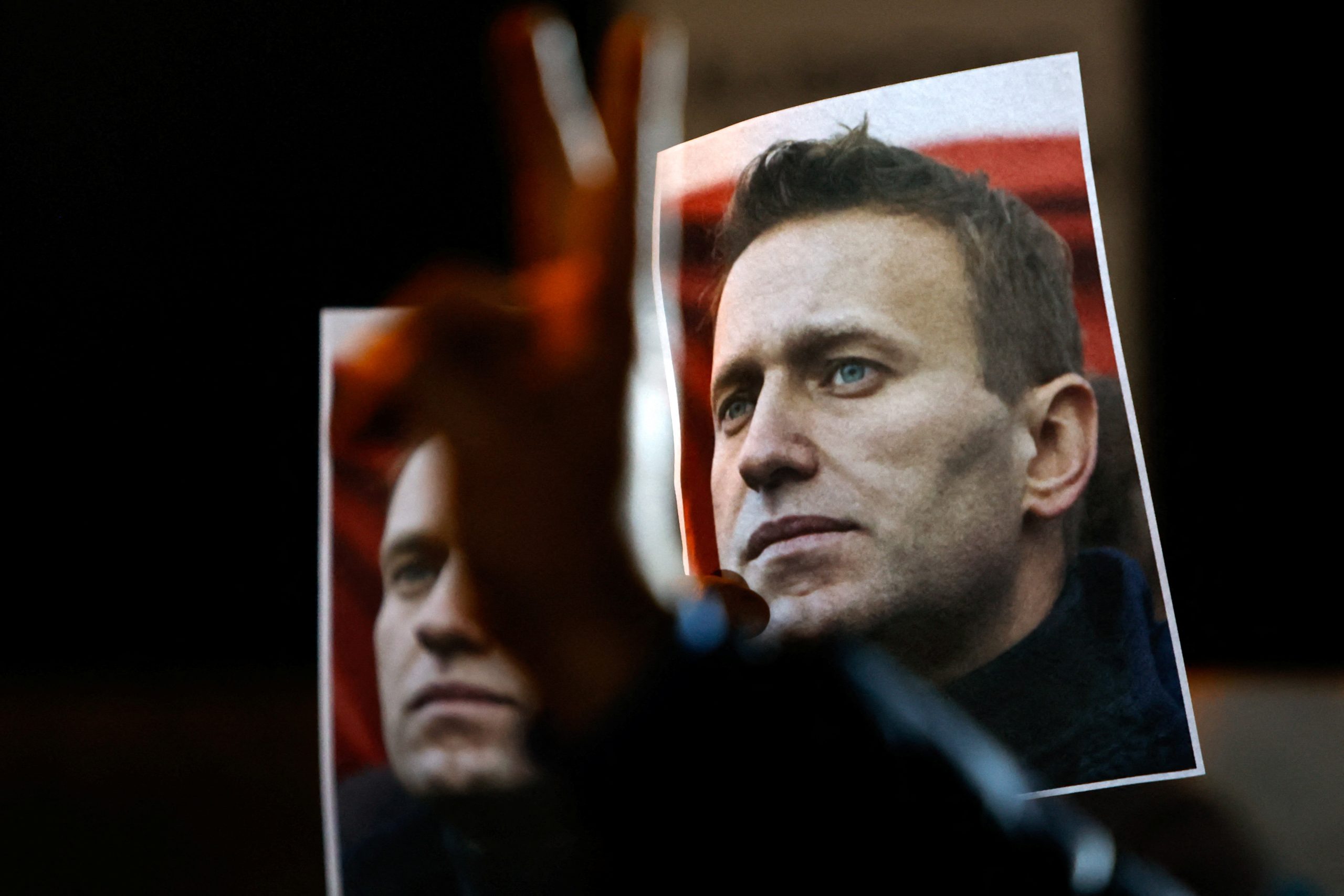The United States is set to announce new sanctions against Russia over the death of opposition leader Alexey Navalny and the two-year war in Ukraine, according to Al Jazeera.
Speaking to reporters on Tuesday, US President Joe Biden did not give details but said he would provide more information about the package of measures on Friday, ahead of the second anniversary of Russia’s invasion of Ukraine.
National Security Council spokesperson John Kirby said that the “major sanctions package” would hold Russia “accountable” for what happened to Navalny and respond to the “vicious and brutal war that has now raged on for two years.”
The new sanctions will target a range of items, including Russia’s defence and industrial bases, along with sources of revenue for the economy, White House national security adviser Jake Sullivan said.
According to a senior US official, a sanctions package was already being planned to mark the second anniversary of the war, which Washington will now reconsider and supplement in response to the death of Putin’s most prominent opponent.
Russian authorities have said the cause of 47-year-old Navalny’s sudden death on February 16 at a penal colony north of the Arctic Circle is still unknown and have refused to release his body for the next two weeks as the preliminary inquest continues, according to the opposition leader’s team.
On Tuesday, Navalny’s mother, Lyudmila Navalnaya, urged Putin to “immediately” release her son’s body so she could bury him.
The demand was echoed by his widow Yulia Navalnaya, who had previously claimed in a video statement that the authorities had not yet handed over the body because they were waiting for traces of the Novichok nerve agent to leave his corpse.
The European Union summoned Russia’s charge d’affaires over Navalny’s death, as Belgium, France, Germany, Italy and Poland called in Russian ambassadors.
The US and its allies have already imposed a raft of sanctions to isolate Moscow since it invaded Ukraine on February 24, 2022, hitting Putin, thousands of Russians and firms.
The measures have included freezing Russian Central Bank funds, banning certain Russian goods, restricting Russian banks’ access to SWIFT – the dominant system for global financial transactions – and imposing a $60-per-barrel price cap on Russian oil and diesel, among other measures.
The US Treasury’s under secretary for terrorism and financial intelligence, Brian Nelson, was discussing sanctions over Navalny’s death on a trip to Europe this week, the Reuters news agency reported.
Nelson, in visits to Germany, Belgium, and France, is also discussing Washington’s authority to target those funding Russia’s war production efforts even if they are in third countries, the Treasury said, adding that Washington was “aggressively pursuing those who attempt to evade our sanctions.”
Policy experts have advanced an array of proposals meant to further starve Russia of the money it needs to continue its invasion – from seizing the nation’s Central Bank funds housed largely in Europe to lowering the Group of Seven price cap on Russian oil.
Charles Kupchan, a fellow at the Council on Foreign Relations, said, “Sanctions are always in the quiver, but they’re not going to matter that much – because let’s be honest, the sanctions have not had a huge impact on the Russian economy.
“What will make a big difference is military and economic assistance to Ukraine, full stop,” he added.









